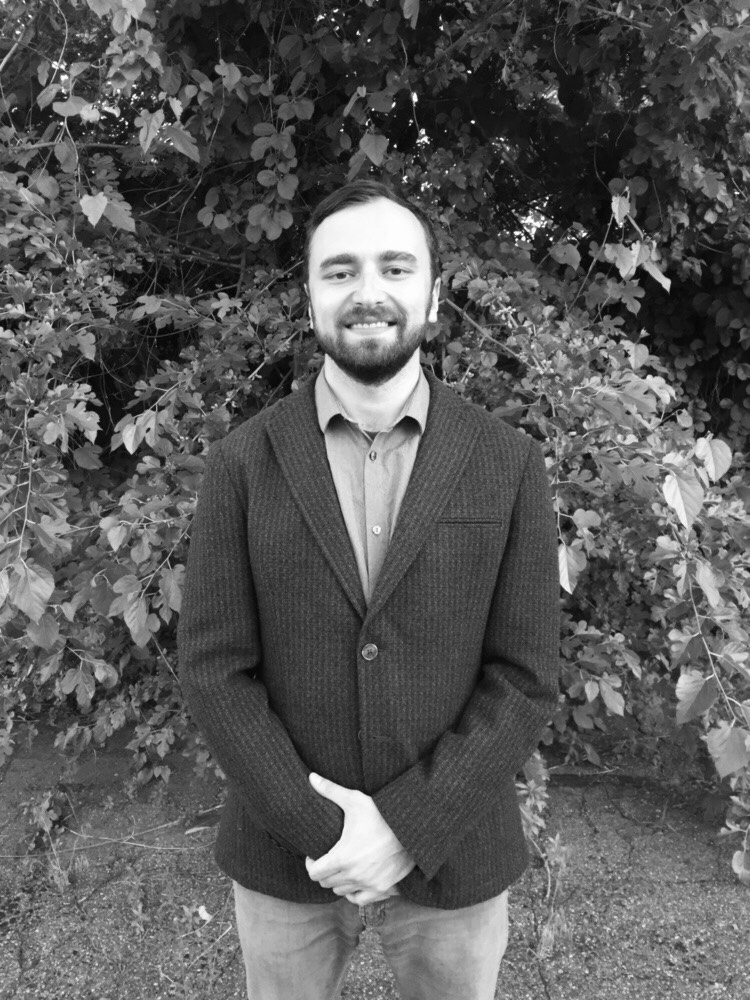About Me
I am interested in the history of extraterritoriality and its relationship to empire, slavery, colonialism, and decolonization. My work historicizes the creation of the modern nation-state as a process shaped as much by “external” as by “internal” agents and institutions. Methodologically, I blend theorists of European state-building with Atlantic histories of slavery and abolition and U.S. approaches to “new” diplomatic history.
My article "'With What Right Are They Sending a Consul': Unauthorized Consulship, U.S. Expansion, and the Transformation of the Spanish American Empire," Journal of the Early Republic 40:1 (Spring 2020): 19-44, argues that consuls in the Spanish American Empire and the U.S. South played a crucial role in defining the rights of immigrants, the contours of citizenship and the meaning of sovereignty in the modern Atlantic world.
In my book chapter "The consular Caribbean: consuls as agents of colonialism and decolonisation in the revolutionary Caribbean (1795–1848)," Memory, Migration and (De)Colonisation in the Caribbean and Beyond, eds. Jack Webb, Roderick Westmaas, Maria del Pilar Kaladeen and William Tantam (London: University of London Press, 2020), I explore the history of Caribbean consulship through a spectrum of social interactions involving imperial secretaries, colonial officials, slaves, women, and free people of color to suggest the “disavowed” possibilities that revolutionary consulship opened in the Age of Revolution.
My second article "'Insurgentes, self-styled Patriots': Consuls, Privateers, Slavers, and Mariners in the Making of the Privateering Archipelago," Journal of Global Slavery 5:3 (Fall 2020), interrogates the links between consulship, slaving, and insurgent privateering from Boston to Buenos Aires to provide an integrated account of the entangled history of slave trade abolition and state-building in the Age of Revolution.
My third article, "Miranda in the Balkans: decadent despotism, consulship, and the making of a south-eastern revolutionary in the Age of Revolution," Journal of Global History 16:3 (2021): 375-394, interprets the forgotten trip of the precursor of Latin American independence, Francisco de Miranda, to the Ottoman Balkans as a crucial inflection point in both his revolutionary career and in the history of the global Age of Revolution.
In a forthcoming article entitled "Jacksonian Consular Reform and the Forging of America’s First Global Bureaucracy," Journal of Policy History 33:4 (Fall 2021), I challenge Max Weber's model of state-building by interpreting the modernization of the U.S. consular service at the intersection of global debates on consulship and the Jacksonian "war on privilege." Ultimately, I argue, the
Jacksonian reform vision of an egalitarian and loyal consular officialdom
prevailed over the old mercantile model of consulship as a promoter of national
prestige and commercial expertise, but only after protégé consuls successfully
exploited merchant-consuls’ perceived inability to compete with the salaried
European officials across the sister-republics of the southwestern hemisphere.
In my last article entitled "Consular Recognition, Partial Neutrality, and the Making of Modern Atlantic Diplomacy (1776–1825)" (forthcoming at Diplomatic History, 2022), I show how Latin American revolutionaries used fluid ideas and practices of consular authority to promote their newly acquired national sovereignty and reshape the contours of international law.
My last project is an interdisciplinary collaboration with Dr. Milen Ivanov and Dr. Cyrus Peterpaul, both Brown mathematics alumni, entitled Mapping the Early American Foreign Service (http://eafsmap.org/). Using new software development and mapping technology, and building on the work of Jean Bauer and Walter Burges Smith, this interdisciplinary project contains three different components, an academic article in process, a comprehensive database on the early U.S. Foreign Service, and an interactive digital map. The aim of Mapping the Early American Foreign Service is to be the most comprehensive analytical and interdisciplinary project on the entire early U.S. Foreign Service, from the American Revolution to the Civil War.
